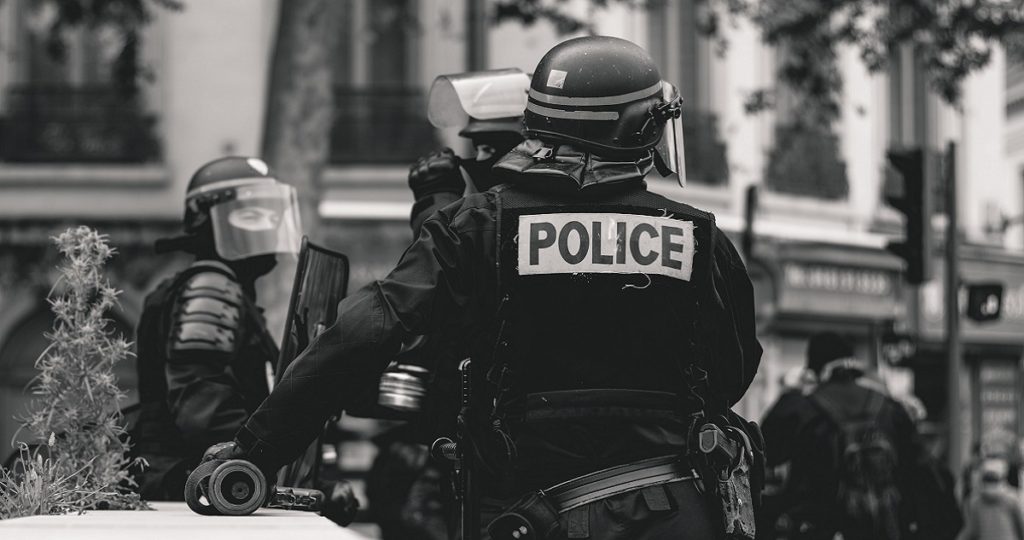How Legal Cannabis Helps Fund The Police

How Police Benefit From Legal Cannabis Tax
There’s a growing conversation around police funding in America. Following George Floyd’s death at the hands of Minneapolis police officer Derek Chauvin – and a subsequent global reaction to the history of racism and brutality from police officers – many have called to make changes to the police, whether that be reforming, defunding, or straight up abolishing them.
Some of these concepts are linked to cannabis legalization. Since many states have begun to legalize recreational cannabis use, many have pointed out that plenty of criminals are stuck behind bars due to non-violent cannabis-related crimes that would no longer earn them any punishment. A significant portion of Americans serving time for cannabis-related crimes are Black – in fact, despite black and white Americans reportedly smoking the same amount of weed, black Americans are far more likely to serve time for these crimes.
Here’s a fact that creates controversy at the crosshairs of all of these issues: much of the money earned through the “cannabis tax” attached to legal cannabis sales goes towards police funding. As many discuss lowering the tax dollars allotted to police services in various states, a question arises: should police be earning any money through cannabis tax?
Why Does Police Make Money From Legalized Cannabis?
Arguably, cannabis legalization has been made possible because of the politics played between legislators and police. In California, cannabis became legalized thanks to a voter initiative from 2016 called the Adult Use of Marijuana Act, or Prop 64. To pass, this act would need more ‘yes’ votes than ‘no’ votes.
According to Forbes contributor Chris Roberts, Prop 64’s authors made a strategic maneuver to gain support from those unlikely to vote ‘yes’ otherwise. They promised 20 percent of the promised $1 billion in annual tax revenue – equaling $200 million – to support “public safety” in California. This was seen by many as a necessary strategy, and technically, it worked. Though Cop lobbyists still opposed Prop 64, they opted not to run what Roberts calls a “massive scare campaign,” and the act passed with 57 percent of voters in favor.
California isn’t the only state like this. Nevada, Colorado, and Oregon operate similarly.
But is it ethically sound to bribe the institution responsible for arresting Americans on weed charges for decades? Many activists believe the money would be better spent on other community services.
In Portland, for example, voters approved revenue from the cannabis tax to support “drug and alcohol treatment, public safety investments, and support for neighborhood small businesses.” A 2019 report found that 79% of that revenue actually went towards funding police services.
Dr. Rachel Knox is one of many voices against moves like these. Knox, a Portland-based physician, specializes in medical cannabis and belongs to many cannabis policy groups:
“It is outrageous that we are funding the disruption of our own communities with money meant to uplift us,” Knox said. “We must end this insult to our communities and focus 100 percent of those dollars to a health equity framework immediately.”
As cannabis legalization efforts continue, more data will emerge regarding the effectiveness of police activities in reference to regulating legal cannabis. Perhaps this data will be part of the movement to defund the police – or it won’t make a difference at all.
Blunt
As we continue to see the cannabis industry unfold and take flight before us, we strive to become the leading global provider of real-time, high-impact multimedia news, information, and entertainment. With our vast network of millions of users, including major influencers in the cannabis industry, we continue to deliver relevant, quality content to help educate and inform.
